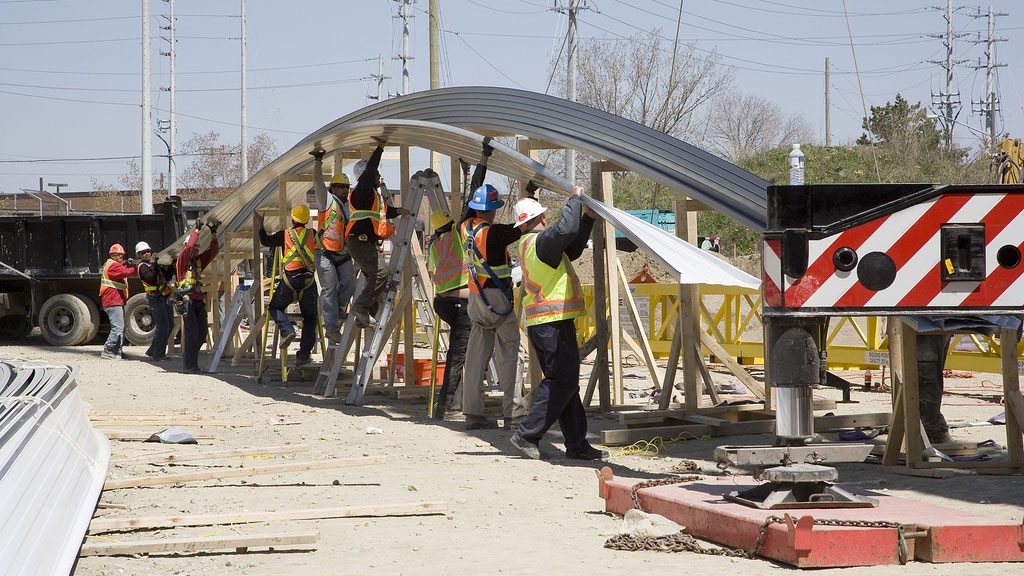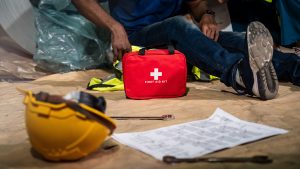Veteran construction lawyer Norm Keith of the business law firm Fasken is urging Ontario to adopt an Alberta-style Safe Work Procedures regime as part of a series of reforms he says are needed to take the province to the next level in ensuring safe workplaces.
Keith, a management-side labour lawyer specializing in occupational health and safety law, offered comments in the wake of a recent string of deaths in Ontario’s construction sector. The recommendations he raised related mostly to long-standing gaps in Ontario health and safety policy.
“I can’t comment on the accidents but when you look at the big picture of this recent rash, you realize that there are at least three big things Ontario could have done a long time ago,” Keith said.
Written Safe Work Procedures (SWPs) were introduced in Alberta in the 1990s, he noted. They are called for every time a new project is started.
“You’ve got to have a written Safe Work Procedure, you’ve got to have an assessment, you have to put how to do it safely in writing,” Keith said. “And then that becomes the instructional playbook of information sheets that the supervisor has that he reviews with the workers.”
Ontario has contemplated SWPs for a long time and done it for confined spaces, he said — now it’s time for the rest of the sector.
“Look at the job and mitigate or reduce the hazards. Put it in writing. The supervisor knows what’s expected. He tells the workers, he makes sure the workers do it.
“In Alberta, they made a lot of changes but this one was probably was the most effective.”
Second, he said, it’s time for zero tolerance of alcohol or drugs on the job.
“Most studies say 40 per cent of workers dying on the job in North America are under the influence of alcohol or drugs. But in construction there is no rule that says the worker can’t come to work if they are using alcohol or drugs.”
The general test is whether the worker is fit for work but it’s now time to go further, Keith argued.
“This is the critical thing. Construction has got more fatalities than mining. The mining regulation in Ontario under Section 15 says you can’t be under the influence of alcohol and drugs. They have zero tolerance in mind.
“I’m recommending the same rule that applies to mining for construction.”
Third, Keith said, employers encouraged by the province have to take the next step to deal with the escalating effects of COVID in the sector, beyond mere health and safety protocols.
“COVID is making people stressed, it is making people nervous, it is causing sleep problems,” he said, in addition to financial and other personal concerns.
“COVID is a huge distraction. Everybody, the contractors, the unions, the workers and the regulator, they need to say, ‘we have a COVID prevention policy. You’re safe in this jobsite, we’re going to be careful and cautious.’”
At the same time, the sector needs to ramp up its employee assistance programs.
“We need to do that, and just encourage everybody to get help.”
Follow the author on Twitter @DonWall_DCN.











Recent Comments
comments for this post are closed